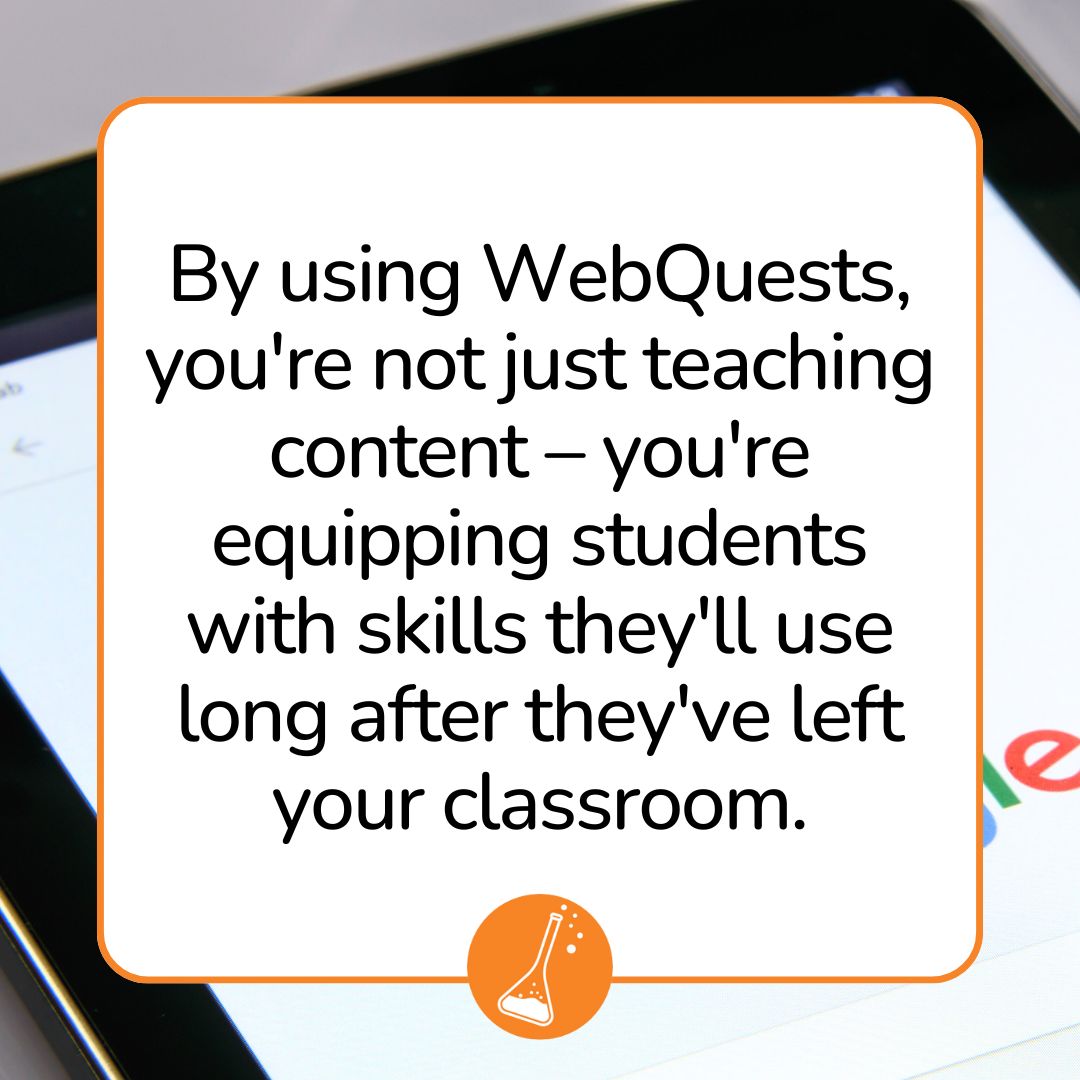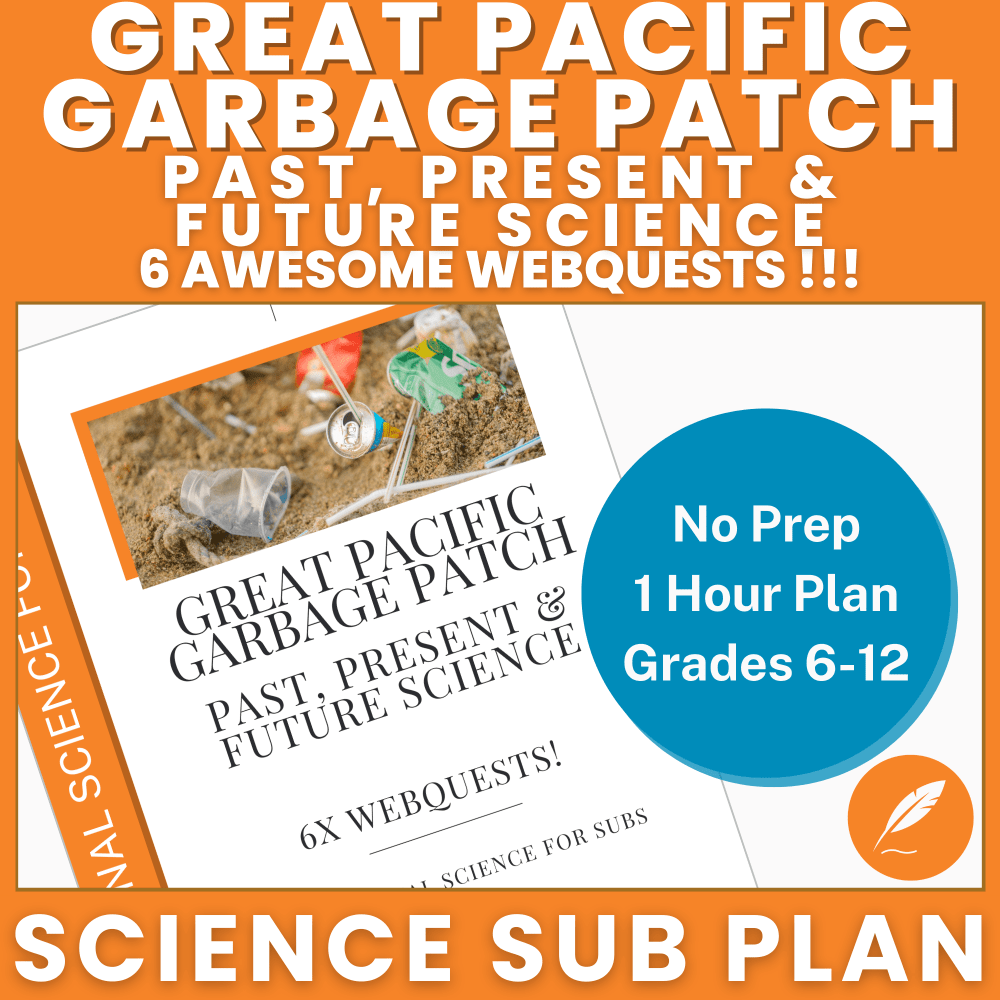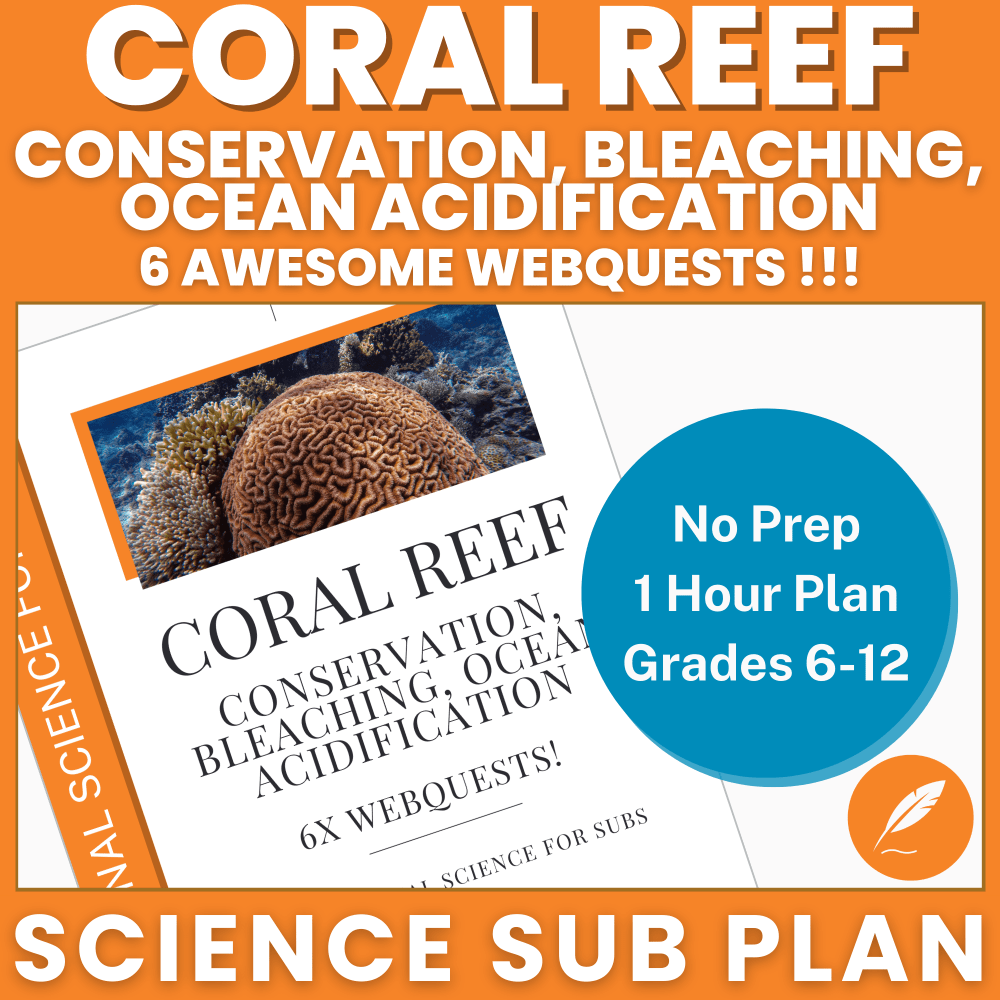WebQuests: A New Frontier in Teaching
Fancy spicing up your lessons and getting your students genuinely excited about learning? Look no further than WebQuests! These digital treasure hunts are taking classrooms by storm, and for good reason. They're not just another tech gimmick - WebQuests are revolutionising how we approach teaching, making it more engaging, interactive, and downright fun. But what exactly are WebQuests, and how can they transform your classroom? Whether you're a seasoned teacher or a substitute looking for fresh ideas, WebQuests might just be the game-changer you've been searching for. Ready to dive into the world of WebQuests? You're in for quite the ride...
More...
WebQuests: A New Approach to Learning
Remember the days of dusty textbooks and endless worksheets? Well, those days are long gone! WebQuests are shaking up the education world, offering a fresh take on learning that's got both teachers and students buzzing with excitement.
So, what's a WebQuest? Think of it as a guided online adventure. It's a lesson format where students explore the internet to complete a task, but with a structured approach that keeps them on track. Instead of mindlessly scrolling, they're actively seeking out information, solving problems, and creating something meaningful.
How WebQuests Work
- Introduction: Sets the stage and grabs attention
- Task: Outlines what students need to accomplish
- Process: Provides step-by-step guidance
- Resources: Offers a curated list of helpful websites and/or a list of terms to search
- Evaluation: Explains how the work will be assessed
- Conclusion: Wraps up the learning experience
WebQuests aren't just about finding facts – they're about using that information creatively. Students might become detectives solving a historical mystery, or environmentalists designing a sustainable city. The possibilities are endless!
Check out our WebQuest Lesson Plans on TPT - complete with 6x WebQuests each! Whether you're looking for Physics, Chemistry or Biology WebQuests, we've got you covered!
The Benefits of WebQuests for Students and Teachers
Let's face it – keeping students engaged can sometimes feel like trying to herd cats. But WebQuests? They're like catnip for curious minds!
For Students:
- Active Learning: No more passive absorption of facts. WebQuests get students doing, thinking, and creating.
- Digital Literacy: In today's world, being tech-savvy is crucial. WebQuests help students navigate the online world safely and effectively.
- Critical Thinking: By evaluating information from various sources, students develop essential analytical skills.
- Collaboration: Many WebQuests involve teamwork, fostering communication and cooperation.
- Motivation: The element of discovery makes learning feel like an adventure rather than a chore.
For Teachers:
- Flexibility: WebQuests can be adapted to any subject or grade level.
- Time-Saver: Once created, a good WebQuest can be used multiple times with different classes.
- Differentiation: It's easy to adjust the difficulty level to suit various learning needs.
- Assessment: The final product provides a clear way to evaluate understanding.
- Professional Growth: Creating WebQuests can boost your own tech skills and creativity.
By using WebQuests, you're not just teaching content – you're equipping students with skills they'll use long after they've left your classroom.
Check out our Coral Reef Lesson Plan on TPT - complete with 6x WebQuests - and learn about how our reefs are under threat from climate change!
Designing Effective WebQuests
Ready to create your own WebQuest? Brilliant! Let's break down the process to make it as smooth as possible.
Key Elements of a Successful WebQuest
- Engaging Introduction: Hook your students with a compelling scenario or challenge.
- Clear Task: Explain what they need to do in simple, concrete terms.
- Structured Process: Provide a step-by-step guide to keep students on track.
- Reliable Resources: Curate a list of trustworthy websites to support their research.
- Detailed Evaluation Criteria: Let students know exactly how they'll be assessed.
- Reflective Conclusion: Encourage students to think about what they've learned.
Top Tips for WebQuest Design
- Keep it Age-Appropriate: Tailor the complexity to your students' abilities.
- Make it Relevant: Connect the WebQuest to real-world issues or students' interests.
- Encourage Creativity: Allow room for original thinking and varied responses.
- Test-Run Your Quest: Try it out yourself to spot any potential hiccups.
- Update Regularly: The internet changes fast – make sure your links still work!
Remember, your first WebQuest doesn't have to be perfect. Start simple and build from there. With each one you create, you'll get better at crafting these digital learning adventures.
Check out our Time Machines WebQuest Lesson Plans on TPT - complete with 6x WebQuests each! Learn about how Black Holes make Time Travel possible!
WebQuest Ideas for Science
Fancy giving WebQuests a go but not sure where to start? No worries! Here are some cracking ideas to spark your imagination in the world of science:
Biology WebQuests
- Virtual Zoo Keeper: Design a habitat for an endangered species
- Gene Detective: Explore genetic disorders and create a family pedigree
- Ecosystem Explorer: Map out a food web in a specific biome
Chemistry WebQuests
- Kitchen Scientist: Investigate the chemistry behind everyday cooking reactions
- Periodic Table Puzzle: Uncover element properties through online scavenger hunts
- Green Chemist: Design an eco-friendly product using sustainable materials
Are #WebQuests the #FutureOfTeaching? Dive into their potential to transform traditional teaching methods and inspire students. #EducationInnovation #ScienceTeaching @inspirationalscienceforsubs
Physics WebQuests
- Rollercoaster Engineer: Design a thrill ride using principles of motion and energy
- Space Mission Planner: Plan a mission to Mars, considering all the scientific challenges
- Renewable Energy Consultant: Develop a clean energy plan for a small town
Earth Science WebQuests
- Climate Detective: Students investigate climate change causes and solutions
- Earthquake Predictor: Analyse seismic data to forecast potential tremors
- Weather Forecaster: Use real-time data to predict tomorrow's weather
Remember, the best WebQuests often cross scientific disciplines, just like real-world problems do! These adventures can turn your science classroom into a hub of discovery and innovation.
Renewable Energy Teaching Bundle: Fossil Fuels to Green Power

3x No Prep Lesson Plans
Unleash your students' inner Green Warrior with 3 Climate Change lesson plans: Fossil Fuels, The Great Pacific Garbage Patch, Renewable Energy
Lesson plans included:
Challenges and Considerations for Using WebQuests
While WebQuests are brilliant, they're not without their hiccups. Let's look at some potential pitfalls and how to sidestep them:
Common WebQuest Challenges
Tech Troubles: Not all students have equal access to technology
- Solution: Plan for shared computer time or provide offline alternatives
Information Overload: Students might get lost in the sea of online info
- Solution: Provide clear guidelines and curated resources
Plagiarism Concerns: Copy-paste temptations are real
- Solution: Design tasks that require original thinking, not just fact-finding
Time Management: WebQuests can eat up more class time than expected
- Solution: Break tasks into manageable chunks with clear deadlines
Assessment Anxiety: How do you grade creativity and effort?
- Solution: Develop clear rubrics that value both process and product
Keeping WebQuests Fresh
- Regularly update your resources to keep content current
- Encourage student feedback to improve future WebQuests
- Collaborate with colleagues to share ideas and workload
Remember, it's okay if things don't go perfectly the first time. Each WebQuest is a learning experience for you too!

The Future of WebQuests in Education
Hold onto your hats, folks, because WebQuests are evolving faster than you can say "digital learning"! Let's peek into the crystal ball and see what's on the horizon:
Emerging Trends in WebQuest Design
- Virtual Reality Integration: Imagine students exploring ancient Rome in 3D!
- AI-Assisted Customization: WebQuests that adapt to individual learning styles
- Global Collaboration: Connecting classrooms worldwide for shared projects
- Gamification Elements: Levelling up and earning badges as students progress
- Real-Time Data Analysis: Instant feedback on student engagement and understanding

Enjoyed the article?
Summary: The WebQuest Way Forward
WebQuests are more than just a trendy teaching tool - they're a gateway to a whole new world of learning. By embracing these digital adventures, you're equipping your students with crucial skills for the future while making your lessons more engaging and memorable. Sure, there might be a few bumps along the way, but the payoff is worth it. Whether you're teaching physics, chemistry or biology, WebQuests can transform your classroom into a hub of creativity and critical thinking. So why not give it a go? Your students (and your teacher-of-the-year trophy) will thank you. Ready to start your WebQuest journey? The adventure awaits!



